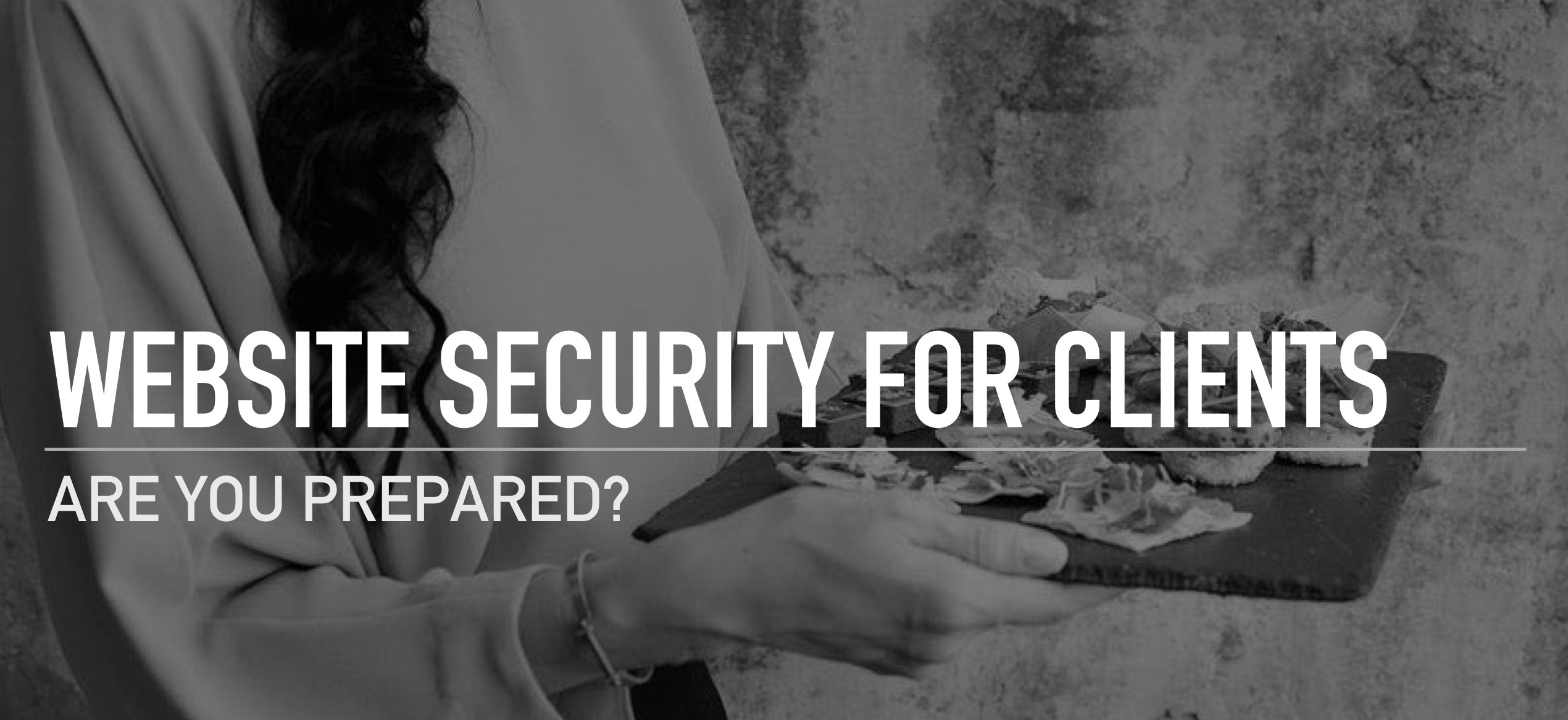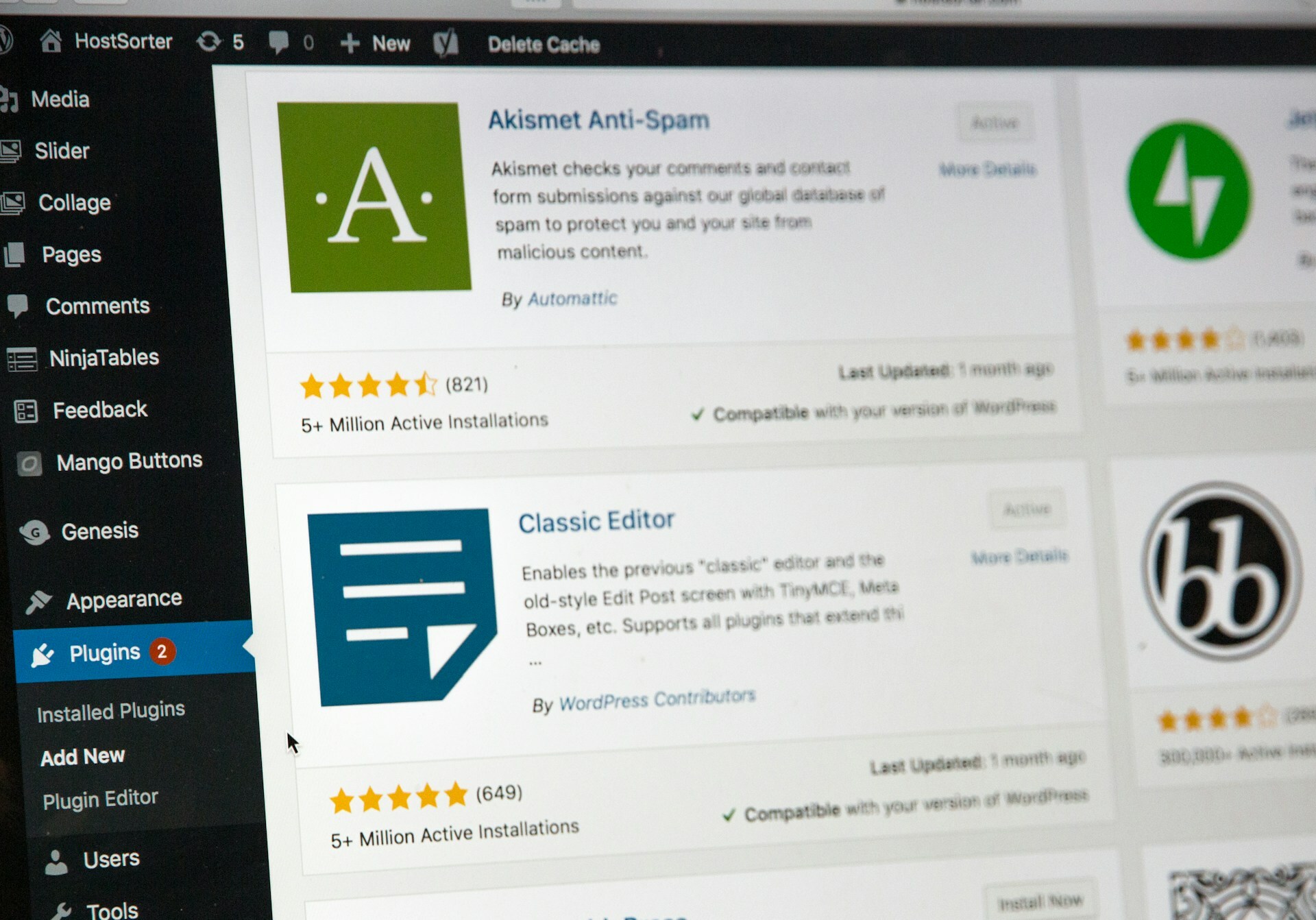
Website Security for Clients: Are You Prepared?
This is the fourth and final chapter of our Making Security Make Sense to Clients series. In this post, I’ll be reviewing how to include website security in your freelance projects and the various benefits of doing so. I’ll also highlight some key points and answer the following questions:
- Why should website security matter to your clients?
- How does including website security as part of your project costs benefit your freelance business?
- Why and how do websites get hacked?
- How can you secure any website in five simple steps?
Why a Focus on Website Security Matters to Freelancers
In the first post in our series, I laid out the various reasons why focusing on website security with your clients was the right thing to do. In short, it all boils down to this:
- It makes the internet safer and that’s good for everyone.
- You can set your freelance business apart by focusing on website security, and communicate to your clients the reasons why security matters.
- You can earn more revenue by demanding higher prices for your projects and your recurring monthly maintenance plans.
I also shared a personal story about the failure of my first online business because of a hacked site to really drive home the importance of having website security from the beginning. You can read all about that and more right here.
How to Educate Clients About Website Security
In the second post in this series, I discussed the struggle of getting your clients to actually care about website security and how to dispel the myth of “security being too complex to understand”.
I wrote about the importance of general security awareness and the individual security topics that should be shared with clients, starting from the very first email or phone call. Additionally, I showed ways in which you can educate your clients about website security without overwhelming them with industry jargon. The key to communicating website security is to put it in a context that your client can understand. This means relating its importance in terms of protecting their online businesses and in turn, their own revenue source.
This post covered many areas of website security education including:
- Who’s ultimately responsible for the security of your website.
- Who’s hacking websites, how do they do it, and why they do it.
To learn more and put these educational pieces in place for your freelance business, head over to read that post in full here.
Simple Website Security Best Practices
The third post in this series detailed the five basic security steps that every website owner should have in place. Once you know why a focus on website security is important to your freelance business and how to communicate the benefits of security to your clients , it then becomes time to put a website security plan into action.
Here are the five website security best practices I discussed:
- Perform regular website and database backups and automate the process.
- Ensure that all the software running your website is kept up-to-date, including WordPress, plugins, themes and more.
- Utilize strong and unique passwords and use Password Managers to keep track of them all.
- Employ a web application firewall (WAF) to stop bad traffic before it gets to your web server.
- Use scanning tools to continuously monitor the health of your website, report any issues, and automatically remove any malware found.
To learn more about these five simple website security best practices and how to streamline the process of setting them up, head over here to read that post in full.
It All Comes Down to Three Things
Setting your freelance web development business apart and maximizing recurring revenue potential can be accomplished by taking action on just three things:
- Talking about the importance of website security from the very beginning of your client conversations and continuing that focus through the project scoping and proposal stages.
- Educating your clients about what malware is, why it exists, and demystifying the technicalities of implementing website security.
- Putting a strong website security framework in place by following five simple security best practices.
We hope you enjoyed our Making Security Make Sense to Clients series and as always, if you have feedback or suggestions for future security or WordPress-related content you’d like to see us cover here, don’t hesitate to let us know on Twitter or Facebook





